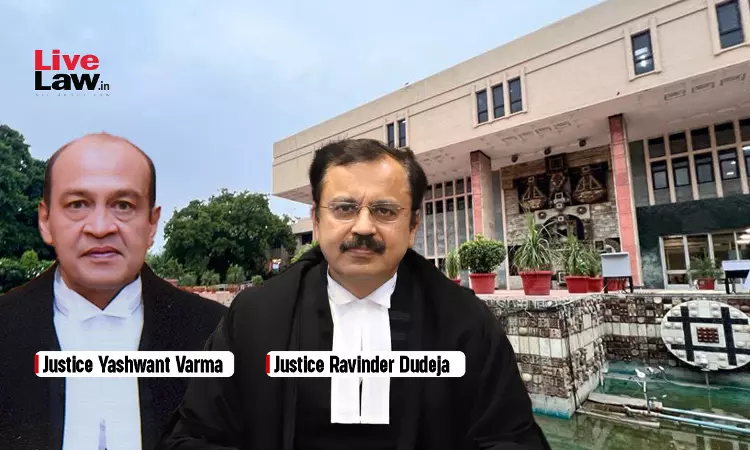The Delhi High Court held that when the payment of refund was delayed, the assessee automatically becomes entitled to interest u/s 42 of the DVAT Act. After the assessee succeeds in vindicating its stand that its claim for refund was correct, it would follow that that the assessee would be refunded the amount claimed and interest would be payable, added the High Court. The High...

